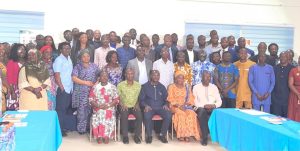
…leaving legacy of MSME growth
By Kizito CUDJOE
The Rural Enterprise Programme (REP), launched in 1995 to boost rural industrialisation and micro, small and medium enterprises (MSMEs), will wind down by December 2025 after nearly three decades of operations, its National Director, Kwasi Attah-Antwi, said.
According to Mr. Attah-Antwi, the programme has made significant contributions to MSME development and rural economic transformation, and efforts are underway to ensure its achievements are sustained beyond its closure.
“The Rural Enterprise Programme was initiated in 1995 with the goal of transforming the rural economy through enterprise development. Over the years, it has expanded in phases and consistently contributed to Ghana’s development through innovation in MSME support, skills training, financial facilitation and technology promotion,” he said.
The programme began with 13 districts in the Brong Ahafo and Ashanti Regions during its first phase (1995–2002), with funding support from the International Fund for Agricultural Development (IFAD) and the Government of Ghana. It later expanded to 66 districts under Phase Two (2003–2012), and 165 districts under the third phase that began in 2013, attracting funding from IFAD, the African Development Bank (AfDB) and the Government of Ghana.
Speaking on the sidelines of a stakeholder workshop in Accra to mark the close-out, the National Director said one of REP’s key achievements has been the establishment of a decentralised institutional framework delivering business support services to micro and small enterprises, particularly in rural areas.
Implemented with support from the government and development partners, REP has provided training, financial access and technology transfer to thousands of rural entrepreneurs.
With IFAD set to end its funding under the current phase by the close of the year following AfDB’s exit in 2022, Mr. Attah-Antwi acknowledged the need to fully deploy the exit strategy to ensure investments, especially those from IFAD, are “well grounded.”
This, he explained, includes ensuring institutional support structures are sustained beyond the programme’s lifespan. The stakeholder workshop, he noted, was therefore held to consolidate these measures.
“As we near the close of this programme, our commitment remains to institutionalise our interventions to ensure that the gains made over the years are not lost,” he said.
Highlighting the programme’s legacies, he cited REP’s collaboration with the then National Board for Small-Scale Industries (NBSSI), now Ghana Enterprise Agency (GEA), and the GRATIS Foundation to promote MSME activities nationwide.
“We have established about 67 Business Resource Centres, an advanced form of the Business Advisory Centres that used to exist, all to sustain and promote business activities in the districts and the entire country.”
He said the GEA is now responsible for these resources and will continue to drive MSME growth.
Under GRATIS Foundation, a long-standing technical collaborator, REP worked to establish Rural Technology Facilities (RTFs), now rebranded as Technology Solution Centres (TSCs).
These, he said, have acted as catalysts for rural industrial growth, skills development and technology transfer. TSCs provide skills training to master craftspersons and apprentices, and follow up with beneficiaries on the use and maintenance of agro-processing equipment at various sites.

So far, 31 TSCs have been established by REP through a tripartite arrangement with beneficiary district assemblies and the GRATIS Foundation.
The Minister for Trade, Agribusiness and Industry, Mrs. Elizabeth Ofosu-Adjare, told the workshop that REP represents a strategic partnership between the government and development partners, anchored on policy continuity and a shared vision for rural industrialisation and enterprise development.
“For us to have a competitive and efficient manufacturing sector, especially at the district level, demands a responsive ecosystem that meets the needs of rural MSMEs,” she said.
She added that the GEA is well placed to enhance enterprise development through business services and targeted financial support. GRATIS and the 31 TSCs, she noted, are also focused on driving local technology solutions, spare parts production and machinery maintenance to reduce downtime and lower production costs.
As REP winds down, she urged stakeholders to sustain and build on its achievements. “Together with our development partners, we will unlock Ghana’s rural potential and drive inclusive, resilient and sustainable industrialisation.”
The post Rural Enterprise Programme set to close in 2025 appeared first on The Business & Financial Times.
Read Full Story




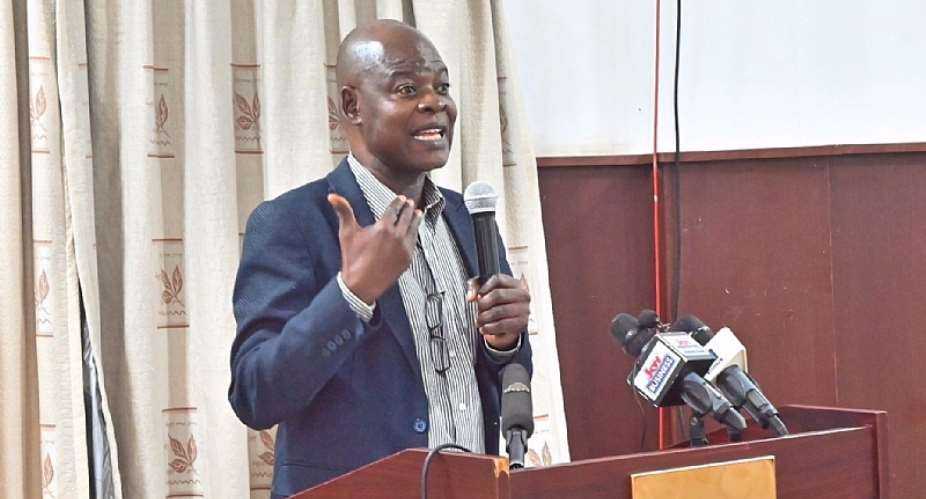









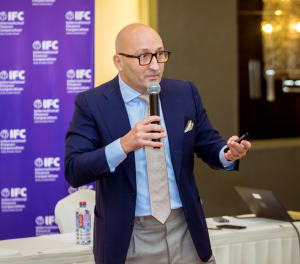
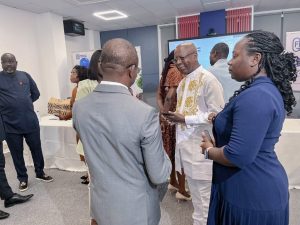
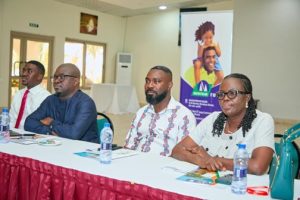
Facebook
Twitter
Pinterest
Instagram
Google+
YouTube
LinkedIn
RSS